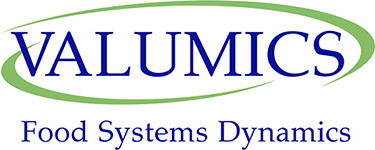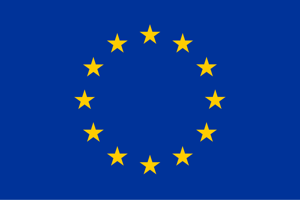
Partner Lukas Cechura from The Czech University of Life Sciences Prague – CULS attended the seminar that was organized by Mediterranean Agronomic Institute of Chania, CIHEAM MAI
The seminar focused on sustainable food chains, and how they can influence agricultural food production, and consumption. Special attention was given to the stakeholders’ power to support sustainability. The main objective of the seminar was “to bring together researchers and policy makers and establish the relation between agricultural food chains and the preservation and provision of ecosystem services. In addition, environmental, methodological and societal issues will be tackled from a transaction perspective. The seminar’s outcome will provide extensive background on the topic for further applications and research.” (http://eaae164.maich.gr/en/about/about_the_seminar)
Seminar topics were:
- Exploring the concept of the sustainable market
- Challenges threatening the ecosystem and food-chain sustainability
- Sustainable food and packaging technologies
- Consumer behaviour and sustainability
- Nutrition/diet and health
- Comparative costs of sustainable food products and systems
- Institutional innovations to link consumers and producers
- EU policy to enhance sustainability
- Trends and policies affecting the structure of the food market,
including trade - Quality food chain policy
- Climate change and food sustainability
- Food chain and Rural Environment
VALUMICS contributed to the seminar objective by the analysis of market efficiency in the food processing input market. In particular, the research identifies the degree of market imperfections in the input processing market and provides a comparative analysis among the different EU countries and different industries. For detection of the abuse of oligopsonistic/monopsonistic behaviour a mark down model using stochastic frontier methodology was derived. The results suggest the presence of some degree of non-competitive behaviour in all analysed countries. In particularly, some companies are characterized by significant oligopsony market power. However, the results show considerable differences among analysed countries. Finally, the distinction between transient and persistent part of market power component helps to better identify the real level of market power imperfections and their sources.

